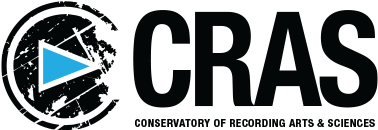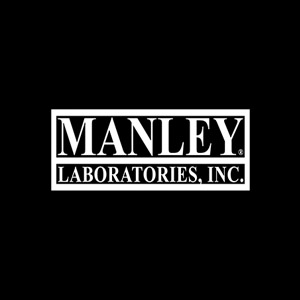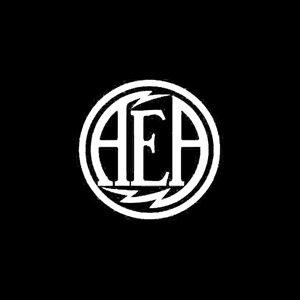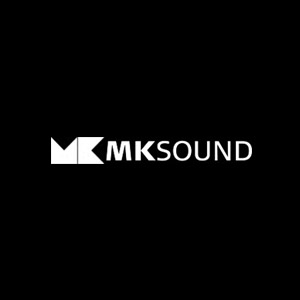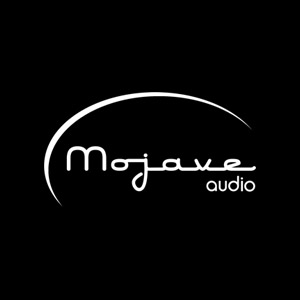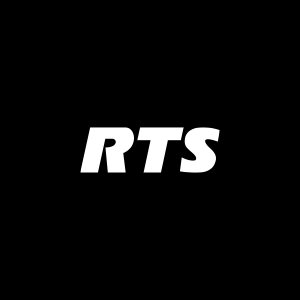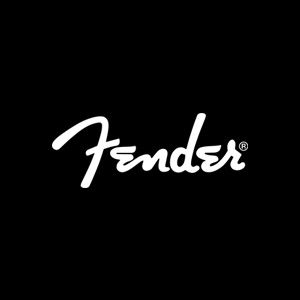Grad Spotlight: Freelance Producer Juan Fleischer
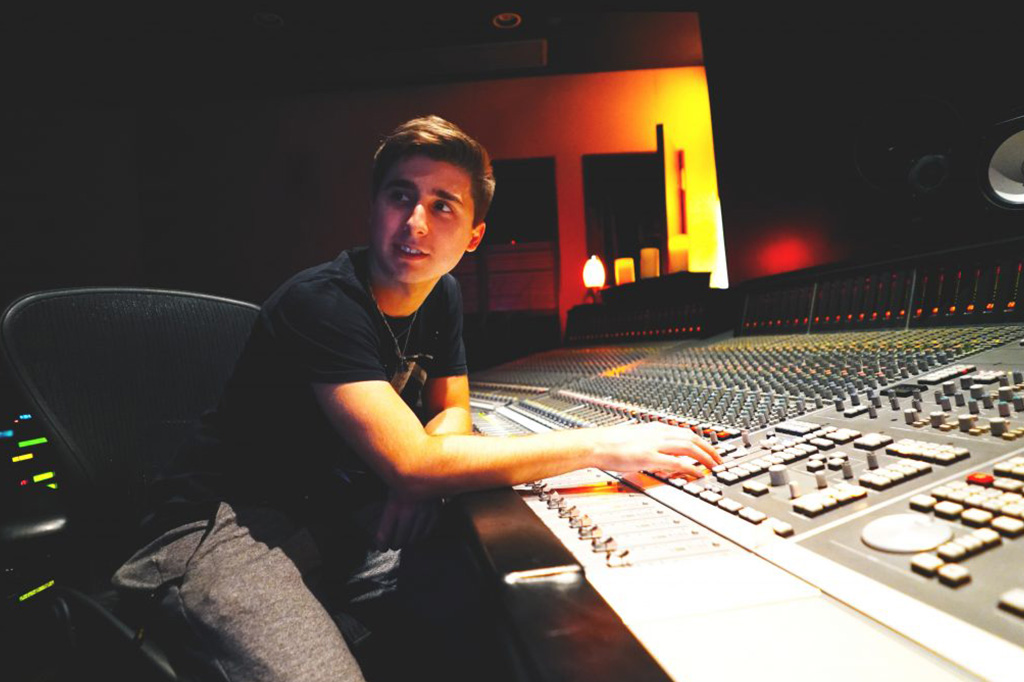
Juan Fleischer graduated in 2013, moved to Los Angeles and did two internships! Since then, he has been living the life of a freelance music producer. Check out his story!
WHat position have you received and at what company/studio?
I’m a freelancing music producer and I bring work to many studios, but I mainly work out of Chalice Recording in Hollywood. I bring in clients to the studios at a certain rate and I “hire myself” within the artist’s budget. However, I am not employed by a studio.
Check out page 4 of the “Running A Studio” PDF found in your Audio Business materials (Cycle 5 Week 2 Folder) – that page is my career.
How did you become a freelance producer?
Through fellow CRAS grads who worked at Chalice actually. I never interned there. I visited the studio a couple times to hang out and connect with friends who were making music there. I had indie production clients at the time, a lot of them looking for time in a real studio at a reasonable rate. So I started bringing clients through the door when downtime was available, with the intent of bringing money to my friends.
What are your responsibilities?
Usually, I’m producing the song for a client and taking them to the studio as part of my services. An artist will have an idea of what sound they’re going for, it’s my responsibility as a producer to make what they hear in their head manifest, and then get it all into Pro Tools. The artist and I will go back and forth until we both feel like a song is complete, then we go to the studio with it.
I work with a couple different tracking engineers there to get the best takes with some really awesome gear. I’m usually manning the talk back on the SSL during that time to make sure the artist is comfortable in the booth. The way an artist feels while tracking is just as important as the gear to me. However, more important than the gear, is having a professional engineer there who knows the studio to its fullest capabilities! After we’ve had a successful tracking session, I will take the files, comp and produce the vocals, then send off the stems to a mix engineer. The best mix engineer I know is actually a great friend of mine; an assistant engineer to Manny Marroquin, who I met at CRAS. I met that friend at a teacher’s show that I didn’t actually want to attend by the way… be up for anything!
With that being said, my main responsibility is to provide a high quality product from start to finish: Good song, HQ vocals, and a great mix all included in one budget.
If you could give some advice to our current student body, what would it be?
Be the best student you could possibly be while you are at school there. Take advantage, use the rooms, and get really sharp with your people skills. Get used to working with people you don’t know, in a timely manner, while dealing with their egos. There are a lot of interns going out from all sorts of great schools like CRAS. However, an internship doesn’t guarantee you a job in the industry. I did two of them and I learned a lot, but they didn’t hire me. I had to find my own way in and subsidize my stay out here by working some odd jobs which interfered with my internships naturally. We all have to pay our stay out here, thus, there are some students who can dedicate more time to their internships then others. I found my way in by having a steady clientele and bringing in paying work to all the studios I could.
Lastly, learn as much as you can while you’re interning, make solid connections while you’re there, and network outside with other CRAS grads. Check in on people constantly, even just a text message in the morning to say what’s up. It all goes a long way, but, think beyond your internship and how you could possibly connect all your working relationships to put yourself in the center.
